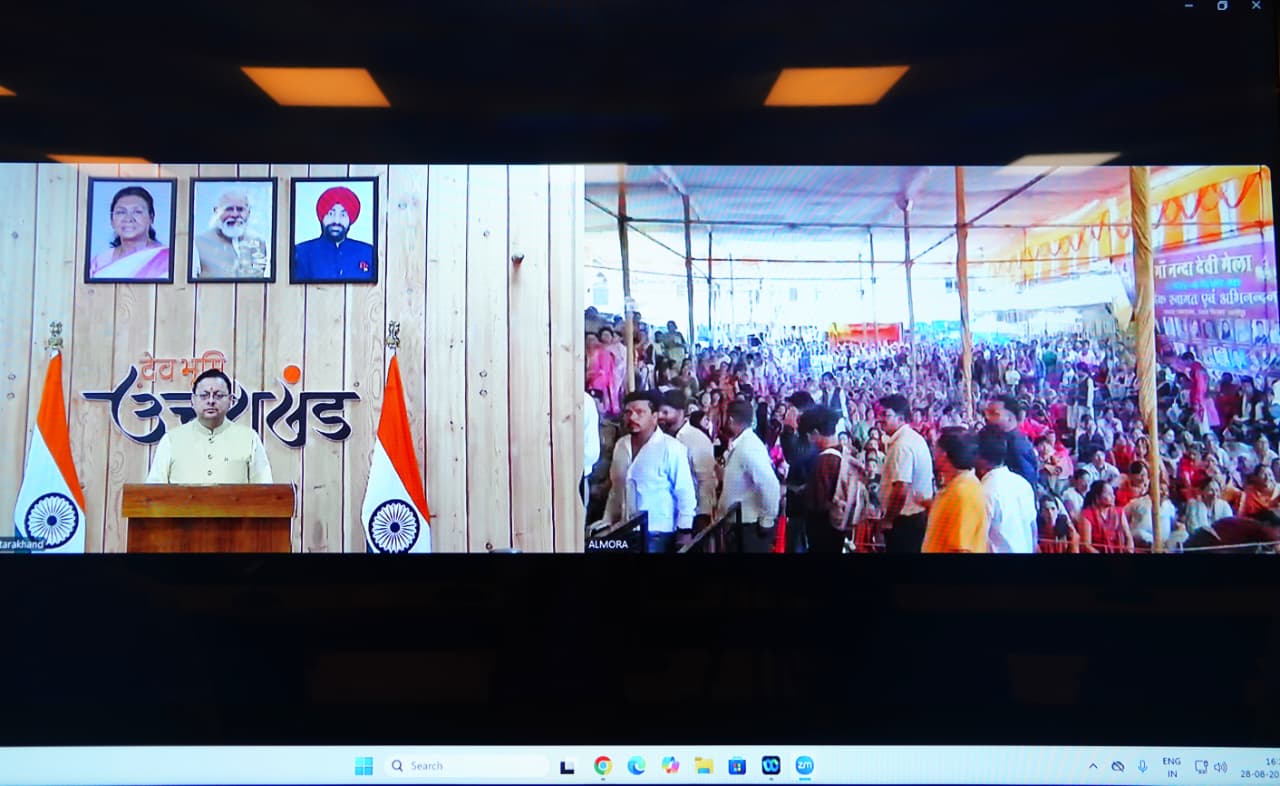DEHRADUN: In a significant development, the Government of India, the Uttarakhand Government, and the European Investment Bank (EIB) have successfully concluded negotiations for urban infrastructure projects worth approximately Rs 1,910 crore. The funding will support initiatives under the Uttarakhand Urban Sector Development Agency (UUSDA) in the cities of Pithoragarh, Sitarganj, Rudrapur, and Kashipur.
The projects include comprehensive drinking water and sewerage systems for Pithoragarh, and enhanced drinking water supply infrastructure for Sitarganj, Rudrapur, and Kashipur. Detailed Project Reports (DPRs) for all proposed works have already been prepared and reviewed by the Department of Economic Affairs (DEA), Ministry of Finance.
A virtual meeting held to finalize the agreement included key stakeholders such as Aparna Bhatia from the DEA, Maximilian representing EIB, and Uttarakhand’s Urban Development Secretary Chandresh Kumar. The EIB reviewed and approved the DPRs during the meeting, marking a major step forward in project execution.
Both the EIB and DEA commended the UUSDA for its meticulous planning and professional presentation. It was agreed that the official project documentation would be signed in June 2025, followed by the initiation of the tendering process.
Commenting on the development, Program Director Chandresh Kumar emphasized the importance of improving basic urban services, particularly in strategic locations like Pithoragarh. “Ensuring access to clean drinking water and proper sanitation not only raises living standards but also accelerates regional development,” he noted.
The meeting was attended by Additional Secretary Finance Ameeta Joshi, Additional Program Director Vinay Mishra, Finance Controller Birendra Kumar, Vaibhav Bahuguna, and subject matter experts Rajiv Kumar and Ameetab Basu Sarkar.
Chief Minister Pushkar Singh Dhami praised the progress, stating, “Our government remains committed to strengthening infrastructure across the state. These projects will ensure access to clean drinking water and promote better hygiene in urban areas, improving quality of life for residents.”


